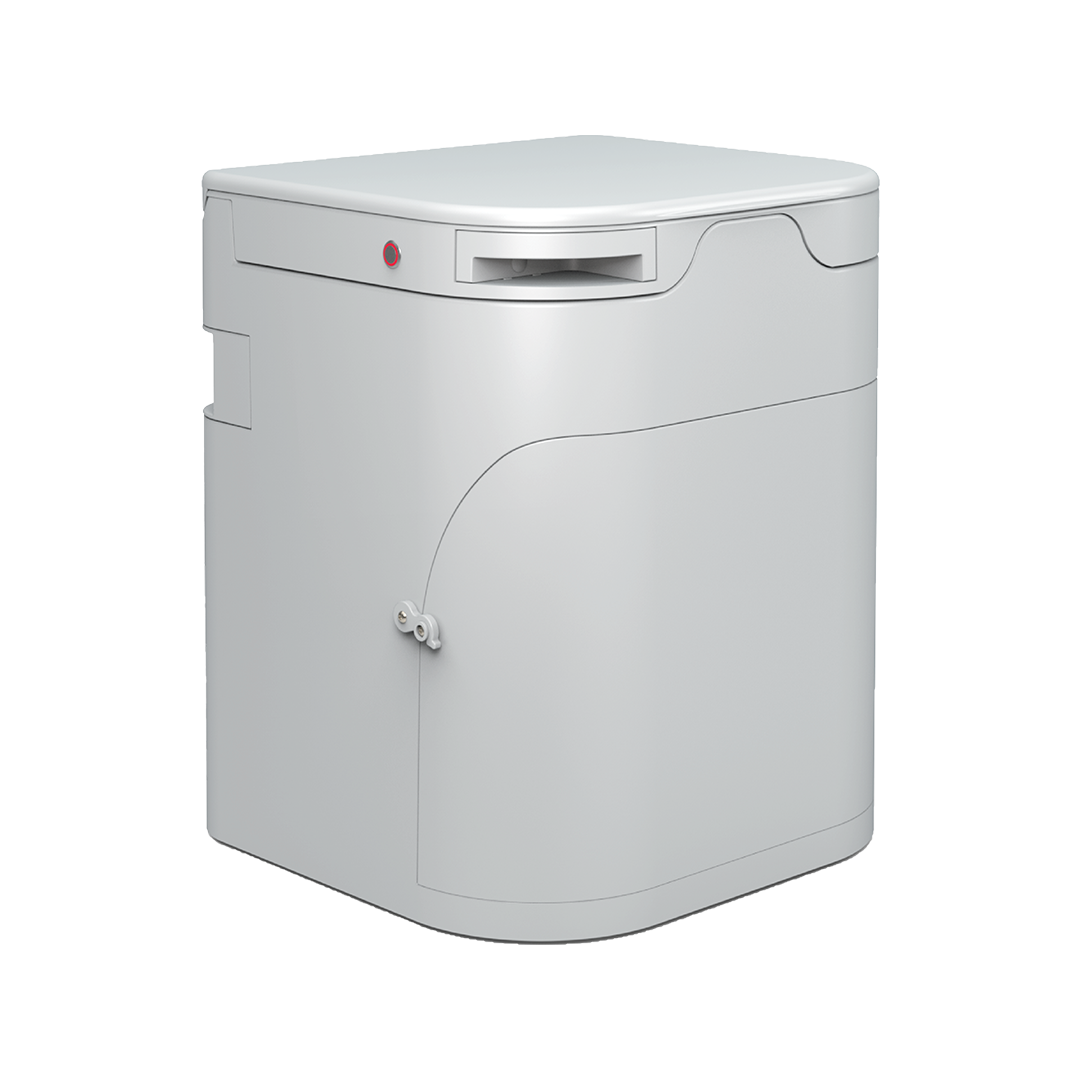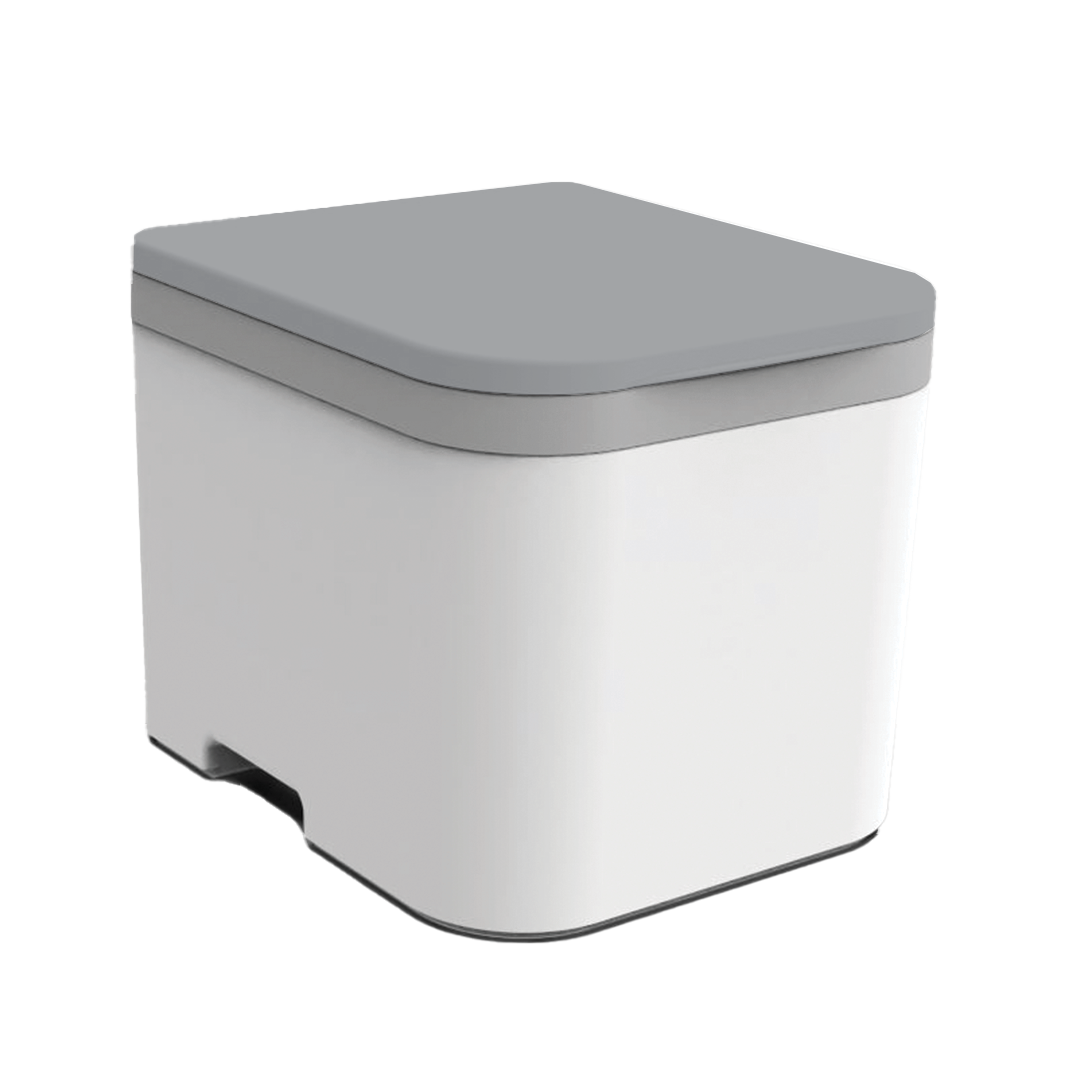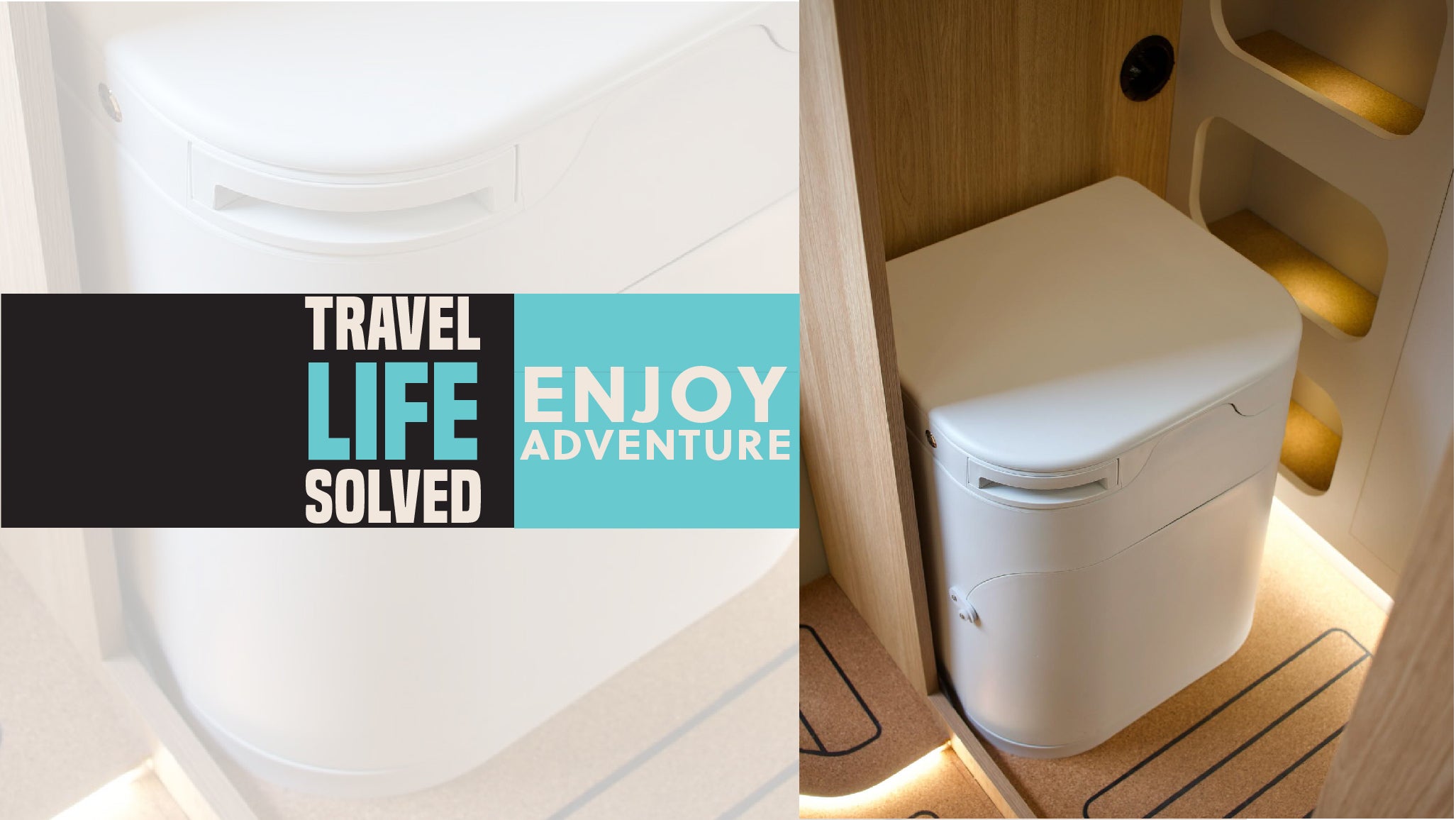Living off-grid, often synonymous with slow or purposeful living, is about more than just disconnecting from the grid. It's about reconnecting with nature, embracing sustainability, and living a simpler, more intentional life. If you're ready to take the plunge into off-grid living, here's a guide to the top seven essentials you'll need to get started.
1. Reliable Renewable Energy Source
One of the first things you'll need to live off-grid is a reliable source of renewable energy. Solar panels are the most popular choice due to their efficiency and decreasing costs. Installing a solar power system will provide you with a steady supply of electricity to power your lights, appliances, and gadgets. For those living in areas with consistent wind, a small wind turbine can also be a great addition to your energy system, providing extra power during less sunny periods.
2. Efficient Water Management System
Access to clean water is crucial for off-grid living. Consider installing a rainwater harvesting system to collect and store rainwater. Pair this with a high-quality filtration system to ensure your water is safe for drinking, cooking, and bathing. If you have access to a natural water source, like a river or well, make sure you have the proper equipment to pump and purify the water. Efficient water management not only supports your daily needs but also aligns with the sustainable ethos of off-grid living.
3. Compost Toilet: OGO™ ORIGIN
A compost toilet is an essential component of sustainable off-grid living, and the OGO™ ORIGIN is a top choice. Unlike traditional toilets that require a water supply and sewage system, a compost toilet uses natural processes to break down waste, turning it into compost. The OGO™ ORIGIN is designed for efficiency and ease of use, featuring a compact design, odor control, and minimal maintenance. By choosing a compost toilet like the OGO™ ORIGIN, you're conserving water, reducing waste, and creating nutrient-rich compost for your garden.
4. Sustainable Food Production
Growing your own food is a rewarding aspect of off-grid living. Start by establishing a garden with a variety of fruits, vegetables, and herbs suited to your climate. Consider incorporating permaculture principles to create a self-sustaining ecosystem. Additionally, raising small livestock such as chickens or rabbits can provide a steady supply of eggs and meat. Not only does this reduce your reliance on external food sources, but it also ensures you have fresh, organic produce and protein right at your doorstep.
5. Efficient Heating and Cooling Systems
Maintaining a comfortable living environment is crucial, especially in extreme climates. For heating, consider a wood stove or a passive solar heating system. Wood stoves are reliable and can also be used for cooking, while passive solar designs use the sun's energy to naturally heat your home. For cooling, proper ventilation, shading, and thermal mass techniques can help regulate indoor temperatures. These systems not only make your living space more comfortable but also reduce your dependence on external energy sources.
6. Reliable Communication Tools
Living off-grid doesn't mean you have to be completely isolated. Reliable communication tools are essential for staying connected with the outside world, especially in emergencies. A solar-powered radio can keep you informed about weather conditions and news. Additionally, consider a satellite phone or a two-way radio for reliable communication when cell service is unavailable. These tools ensure that you can reach help if needed and stay informed about important events.
7. Durable and Functional Shelter
Your shelter is the cornerstone of off-grid living. Whether it's a tiny house, a yurt, a cabin, or an earthship, your home should be durable, functional, and energy-efficient. Consider using sustainable building materials like reclaimed wood, cob, or straw bales. Insulate your shelter well to maintain a stable indoor temperature and reduce energy consumption. Design your space to be multifunctional, maximizing every square foot for storage, living, and working. A well-built, sustainable shelter provides security and comfort, allowing you to thrive in your off-grid lifestyle.
Conclusion
Starting your off-grid journey is a significant step towards purposeful, slow living. By equipping yourself with these seven essentials—renewable energy, efficient water management, a compost toilet like the OGO™ ORIGIN, sustainable food production, heating and cooling systems, reliable communication tools, and a durable shelter—you'll be well-prepared to embrace a sustainable and fulfilling off-grid lifestyle. Each of these components plays a vital role in creating a self-sufficient, eco-friendly, and intentional way of living, allowing you to reconnect with nature and live more purposefully.




